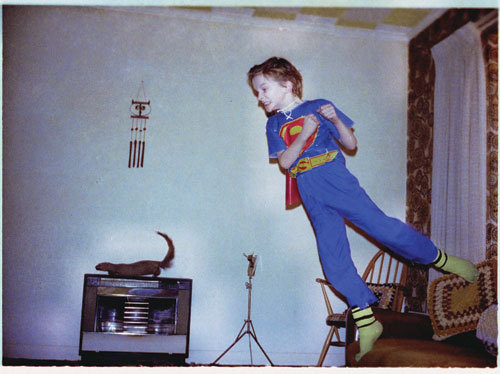
Anderson, editor of
Wired, examines the nature of “free.” The history of free, Anderson explains, has been mostly one of marketing gimmickry—“buy one, get one free,” “free sample,” “free delivery,” etc.—where the “free” is built into the cost of the item or is in exchange for a further commitment, either contractual or implied.
But the key to today’s free, as we see online with Google or Youtube, is that whereas the material economy is an economy of scarcity, today’s economy is one of abundance. Said differently, physical products will always be scarce—they must be produced, there will always be a finite number of them, and no matter the efficiencies, there will always be
some cost of production. An economy of abundance, on the other hand, might have upfront production costs, but mass production thereafter is costless and fluid. It doesn’t cost any more to make 100 copies of an mp3 than it does to make one. There are as many available as there is demand. And according to the law of supply and demand, an infinite supply dictates a price of zero. An economy of abundance will always push prices toward free.
Furthermore, the “Internet generation” expects free, demands it even. The debate around music piracy and the misguided efforts of the record industry to litigate otherwise aside, the question of the future is not
if free but
how free? As in, what is the model going to be that will allow us to monetize free?
Anderson gives some potential examples: there is of course ad-supported free content, where advertisers subsidize the content in exchange for eyeballs; there is the tiered free, where a few users pay for an expanded or pro version of something while others use the scaled-down version for free (think Flickr or Quicktime); and there is the use of free to promote something that makes money (giving away a free book to support a career as a consultant). And there are other models.
But, as Anderson admits, the free model hasn’t really been figured out yet, Youtube as case in point. And that’s where Anderson’s book is open to criticism. It’s a fantastic overview of the idea of free, and a thought-provoking discussion starter. But unless someone figures out how to reliably monetize free, it will never be the force that Anderson predicts. It will never become more than an amateur economy, or a promotional device. To get free to work on its own, someone will need to solve the paradox of profiting from it.





















































